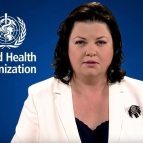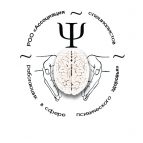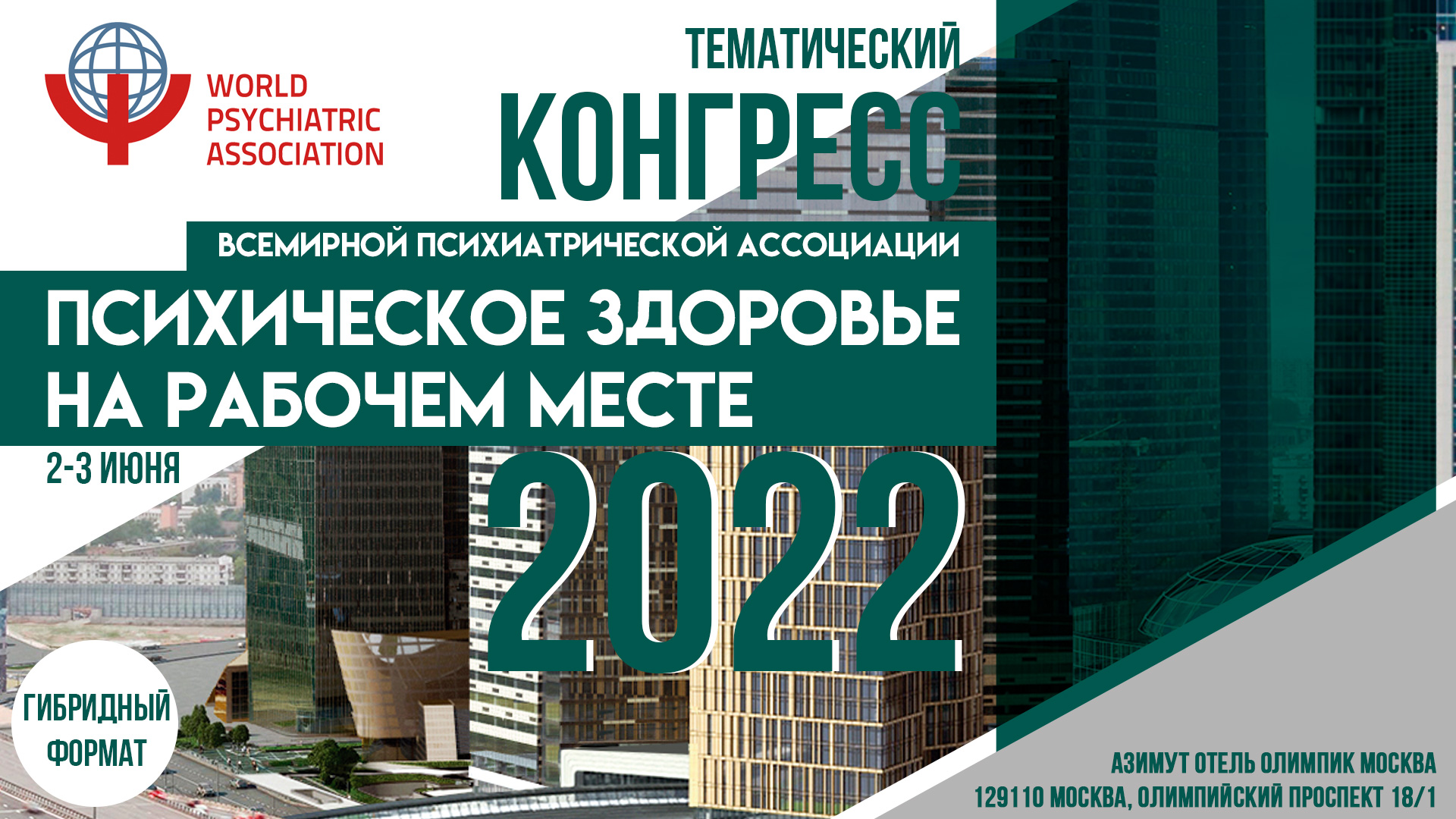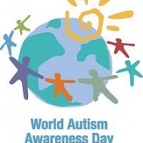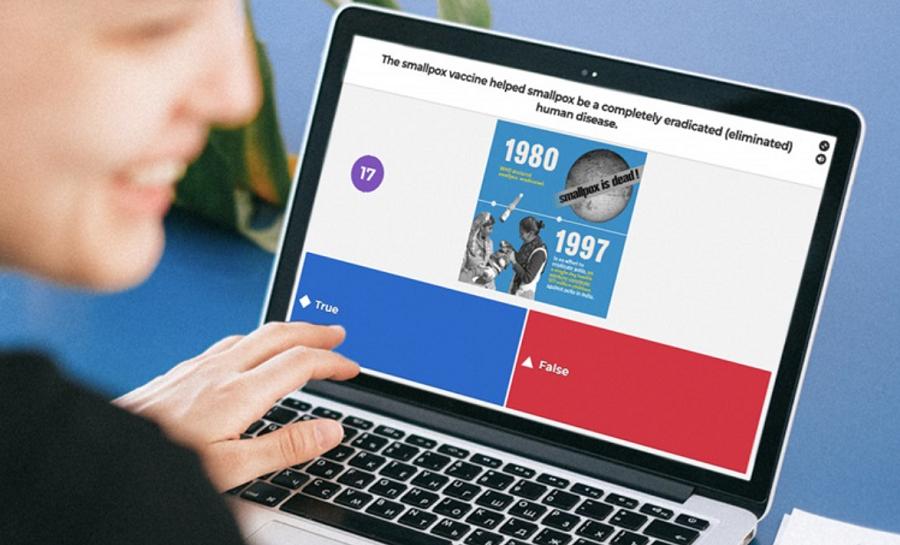Negative symptoms – how to diagnose and treat them?
Prof. Dr. Dr. hc mult. Hans-Jürgen Möller, Department of Psychiatry, Ludwig-Maximilians-University (Germany)
Hans-Jürgen Möller, MD, worked from 1988 to 1994 as full Professor of Psychiatry and Chairman of the Psychiatric Department at the University of Bonn (Germany) and from 1994 to 2012 as full Professor of Psychiatry and Chairman of the Psychiatric Department at the Ludwig-Maximilians-University in Munich (Germany), where he acts now as professor emeritus. Professor Möller’s main scientific contributions include clinical and neurobiological research into psychiatry, schizophrenia and depression, and clinical psychopharmacology. Professor Möller has written and co-authored over 1,300 scientific publications (Hirsch Factor 120) and several books. He was certified 2014 and 2015 by Thomson Reuters among 1% of researches for most cited papers (2002-2012). He was editor or co-editor of several German or English journals like “European Archives of Psychiatry and Clinical Neuroscience”, “World Journal of Biological Psychiatry”. He was President of the World Federation of Society of Biological Psychiatry (WFSBP), of the European Psychiatric Association (EPA) and Chairman of the Section on Pharmacopsychiatry of the World Psychiatric Association (WPA). He is Past-President of the Collegium Internationale Neuro-Psychopharmacologicum (CINP).
“Negative symptoms are an important and clinically relevant dimension of schizophrenic patients. They have been associated with detrimental effects on patients’ functional status and quality of life and long-term outcome. The detection and diagnosis of negative symptoms can be difficult not only because their c1inical expression is less obvious than that of positive symptoms, but also because negative symptoms can be masked by positive symptoms and can coexist with or be confused with affective symptoms or cognitive impairment. Treatment can also be difficult, because none of the available antipsychotic medications has been consistently and reliably effective in controlling negative symptoms, and other medications do not seem to have adequate efficacy. Thus negative symptoms belong to the most relevant unmet needs in schizophrenia treatment. There is hope that the management of negative symptoms might become easier through improved clinical assessment procedures, a better neurobiological understanding and the development of new, effective pharmacological treatments.”

